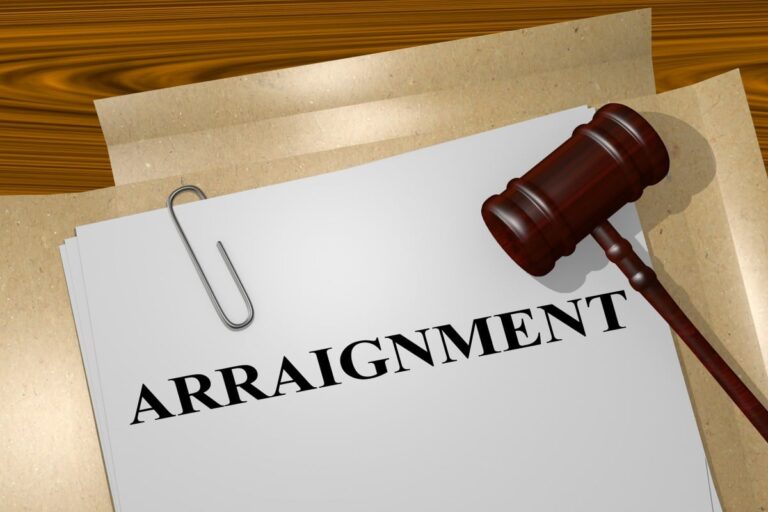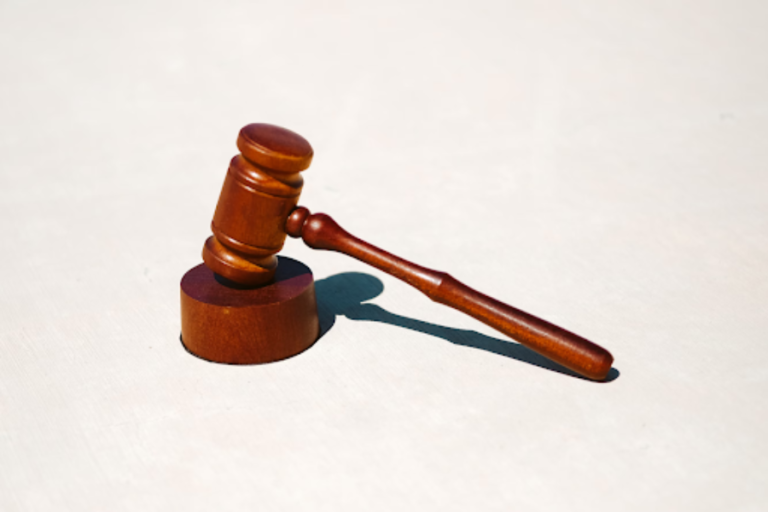How Long Does the Probate Process Take?
Losing a loved one is an emotionally challenging experience, and the legal process of settling their estate can add even more complexity. At Steele Family Law, we understand that navigating probate can seem overwhelming, especially during a time of grief. That’s why we’re here to guide you through this journey with empathy and expertise.
One of the most common questions we receive is, “How long does the probate process take?” The truth is, the timeline can vary significantly depending on various factors. In this article, we’ll explore the probate process, the elements that influence its duration, and what you can expect along the way.
What is Probate?
Probate is the court-supervised legal process of settling a deceased person’s estate. It involves validating the will (if there is one), appointing an executor or administrator, identifying and appraising the decedent’s assets, paying off outstanding debts and taxes, and ultimately distributing the remaining assets to the designated beneficiaries or heirs.
During probate, the court oversees the process to ensure that the deceased person’s wishes are carried out according to the law and that the rights of all parties involved are protected.
The Probate Process: A Typical Timeline
While the exact timeline can vary, here is a general overview of the steps involved in the probate process and their typical timeframes:
- Filing the Petition for Probate (1-4 months): The first step is to file a petition for probate with the appropriate court, along with the deceased person’s will (if available) and a certified copy of the death certificate.
- Appointing the Executor or Administrator (1-3 months): The court will appoint an executor (named in the will) or an administrator (if there is no will) to oversee the probate process and manage the estate.
- Notifying Creditors and Interested Parties (3-6 months): The executor or administrator must notify all known creditors of the estate and provide notice to potential heirs or beneficiaries.
- Inventory and Appraisal of Assets (3-6 months): The executor or administrator must identify, locate, and appraise all assets belonging to the estate, including real estate, personal property, bank accounts, investments, and other valuable items.
- Paying Debts and Taxes (6-12 months): After receiving claims from creditors, the personal representative must pay off any valid debts and settle any outstanding tax liabilities from the estate’s assets.
- Distributing Remaining Assets (9-18 months): Once debts and taxes have been addressed, the personal representative can inventory and distribute the remaining assets to the beneficiaries or heirs according to the will or state laws.
- Closing the Estate (9-24 months): Upon distribution of all assets and filing of final tax returns, the executor or administrator may ask the court to formally close the estate.
It’s important to note that these timeframes are rough estimates, and the actual duration of probate can vary significantly based on the specific circumstances of the case. Complex estates, disputes, or legal challenges can prolong the process even further.
Factors Affecting the Duration of Probate
While some probate cases can be resolved relatively quickly, others can take much longer due to various factors. The following significant factors may affect how long the probate process takes:
Size and Complexity of the Estate
The probate process is likely to take longer the larger and more complex the estate. Estates with multiple assets, such as real estate properties, investments, businesses, and valuable personal belongings, often require more time for valuation, liquidation, and distribution.
Presence of a Valid Will
Having a valid and legally binding will can significantly streamline the probate process. A clearly written will that outlines the deceased person’s wishes and designated beneficiaries can help minimize disputes and expedite the distribution of assets.
Disputes or Challenges to the Will
The probate process can take a very long time if there are objections or disagreements about the will’s legality, the personal representative’s appointment, or the distribution of assets. Will contests, conflicts among beneficiaries, or the need to locate and notify creditors or interested parties can all contribute to delays.
State Laws and Court Procedures
The probate laws and court procedures in South Carolina can also impact the timeline. Different states have varying requirements and processes, which can affect the efficiency and duration of probate.
Streamlining the Probate Process with a Probate Attorney in Greenville, SC
While the probate process can seem overwhelming, working with an experienced probate attorney in Greenville, SC can help streamline the journey and provide valuable guidance. At Steele Family Law, our staff of experienced lawyers will guide you through every step, making sure that your loved one’s wishes are effectively carried out and that all legal requirements are satisfied.
For more information about our services, visit our website at https://steelefamilylawsc.com/ or give us a call at (864) 326-4468 to arrange a consultation.
Keep an eye for more latest news & updates on Discover Tribune!






